Through this Key Activity, we design and develop Productive Projects alongside Family-based Agri-Food Production Systems to enhance food production, ensure food security, promote sustainable agricultural practices, reduce pressure on the forest, and create new economic opportunities for Indigenous communities. These projects are driven by Matavén Indigenous peoples. We have been leading these four large-scale productive projects, along with the Indigenous Cooperative COOMATAVÉN.
In collaboration with the Granja Tarapacá Foundation, this ongoing project benefits 90 families from 9 Indigenous communities, focusing on sustainable development. Key aspects of the project include:
Technical Assistance and Supplies:
Nursery and Infrastructure:
Agroecological Practices:
Economic Impact:






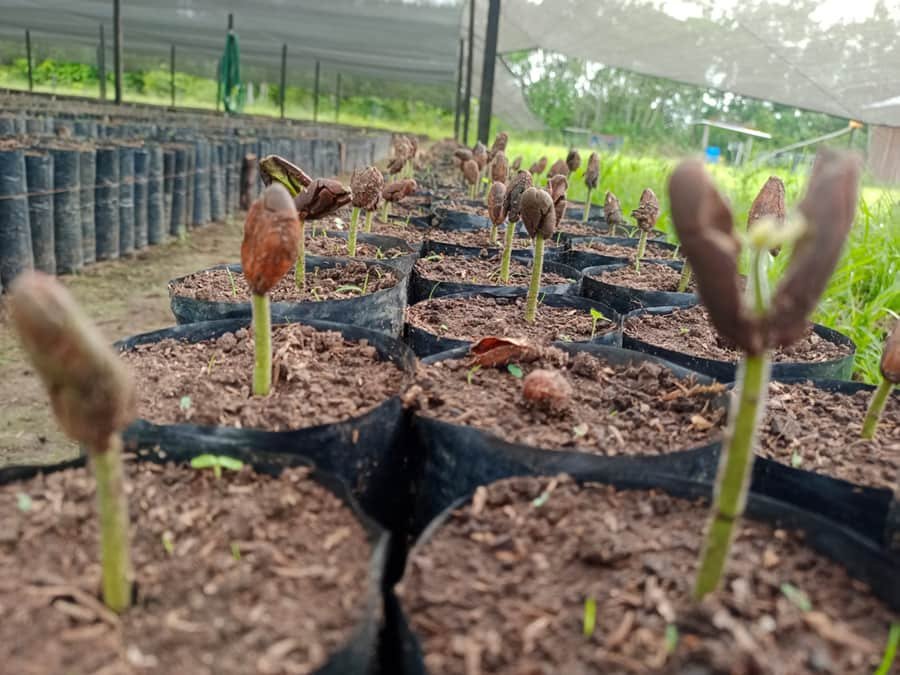
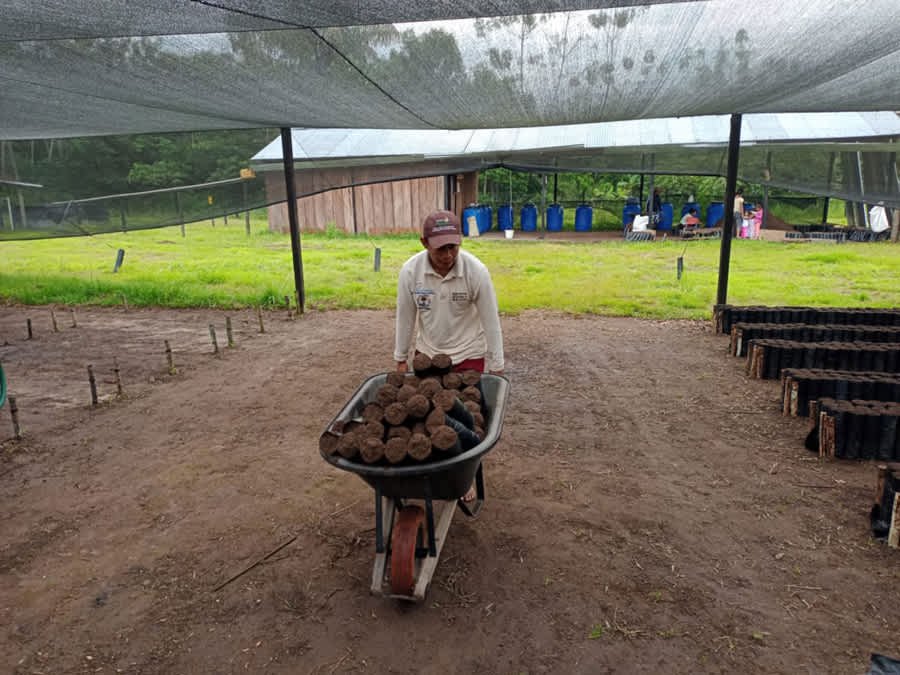
Launched in September 2021 in partnership with the Fundación Granja Tarapacá, this project operates across 2 Farm Schools involving 11 Indigenous communities, benefiting 50 families: the Kulima Pabi Farm School for the Matsuldani, Boponé, San Marcos, San Roque, and Siracusa communities (Aiwakuna Tsepajibo sector); and the Banakale Pabi Farm School for the Siwo Tsenebo, Trinidad, Nazareth, Naranjito, Siwo Rincón, and Merey Danubio communities (Bajo Río Vichada 1 sector). The schools are self-sufficient spaces where agroecology and natural resource protection coexist, blending ancestral knowledge with modern sustainable practices. Key aspects of the project include:




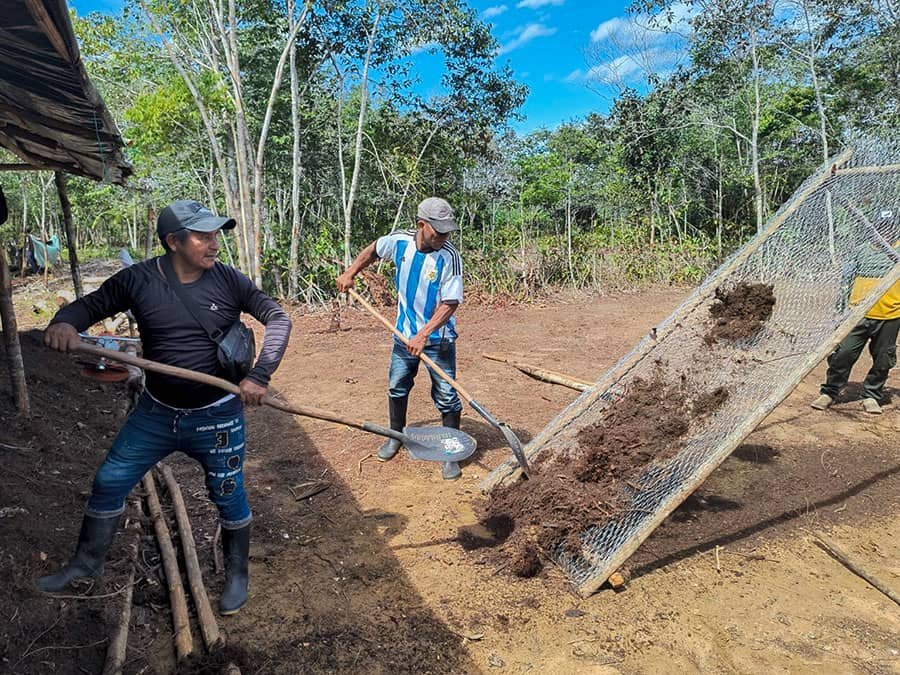
Supplies and Infrastructure:
Continued Development:

Launched in July 2021 in partnership with the Fundación “Cuidar la Tierra”, this project promotes sustainable tourism and supports 4 Indigenous communities: Barranco Colorado and La Urbana (Zone 3), and Laguna Cacao and Laguna Negra (Zone 4), benefiting 40 families. Key components include:


Infrastructure Development:
Training and Capacity Building:
Launched in July 2021 in partnership with FUNINDES, this ongoing project supports families from 3 Indigenous communities in Zone 3: Pueblo Nuevo Zama, La Urbana, and Pueblo Escondido. The project focuses on the captive breeding of ornamental fish to reduce pressure on their natural habitats, protect endemic species in the Matavén Forest, and prevent overharvesting, while creating new economic opportunities for Indigenous communities. Key components include:
Training and Capacity Building:
Captive Breeding:
Captive Breeding:

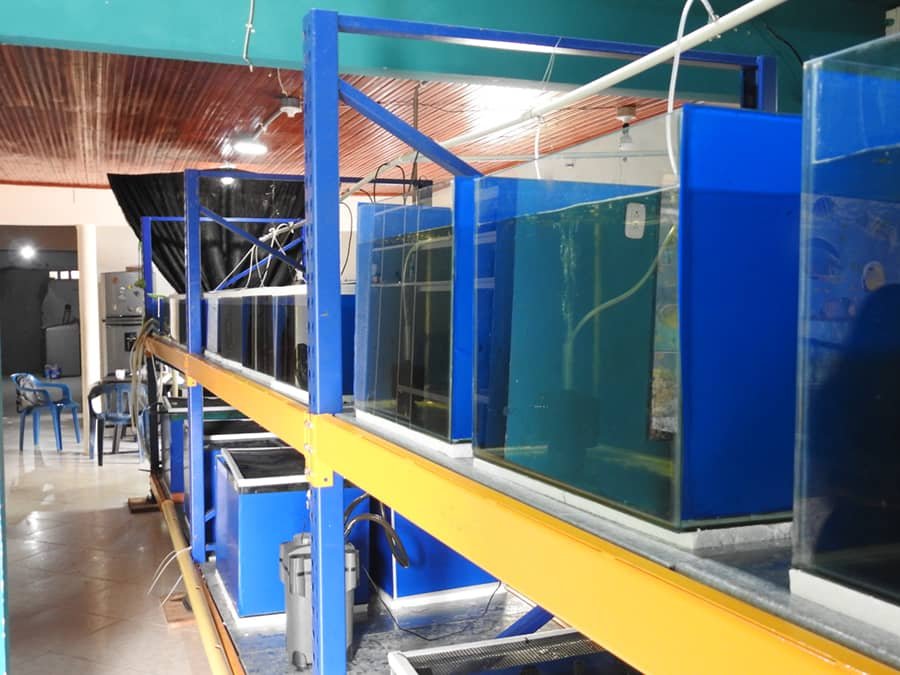

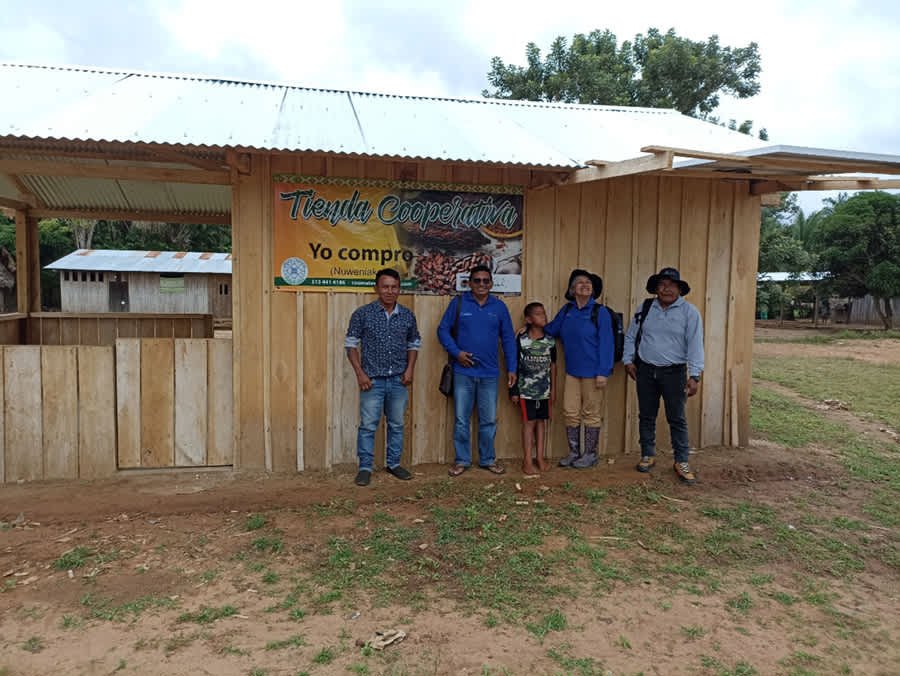
Established in 2019, the Coomatavén Multiactive Cooperative was founded to integrate and coordinate the activities of various organizations in Matavén, as well as participants in the REDD+ Matavén Productive Projects. This cooperative plays a vital role in strengthening economic development within the region by providing a platform for Indigenous communities to commercialize their products and creating a network of local solidarity economic circuits.
Infrastructure Development:
Training and Capacity Building:
Governance and Management:
Local Economic Initiatives: